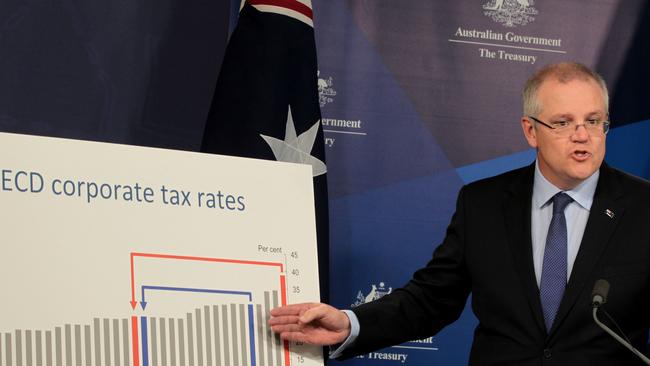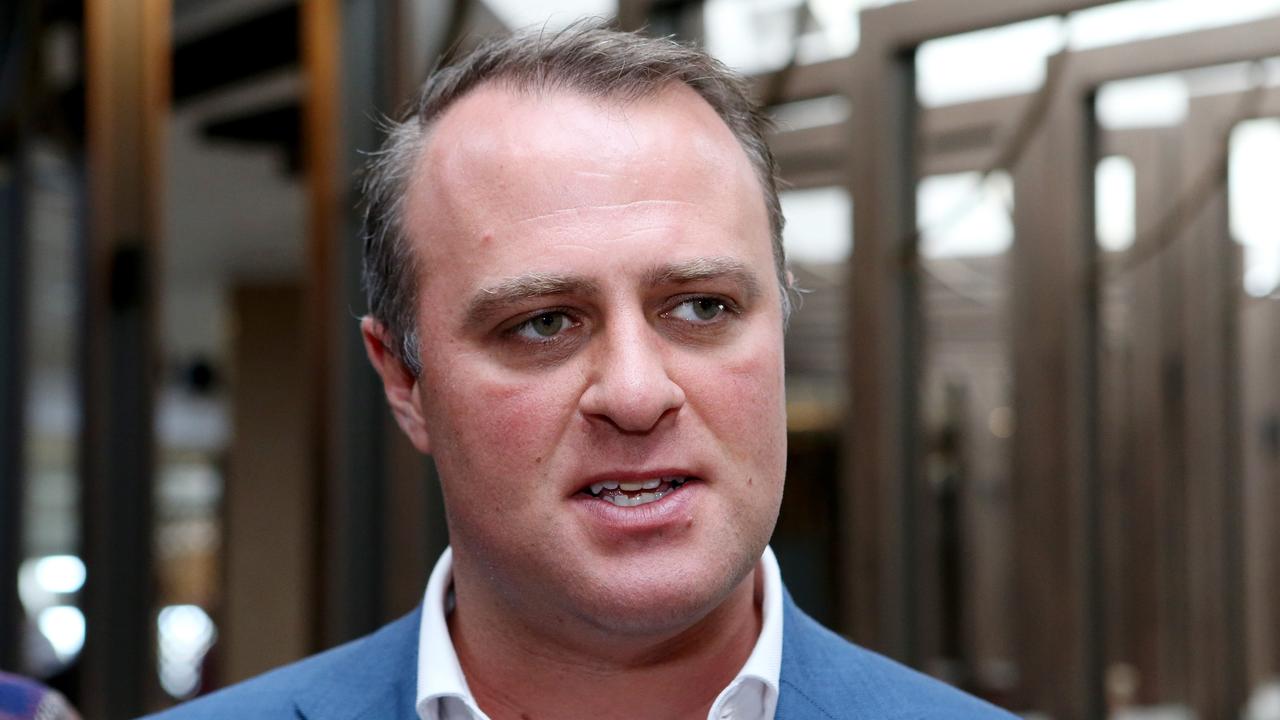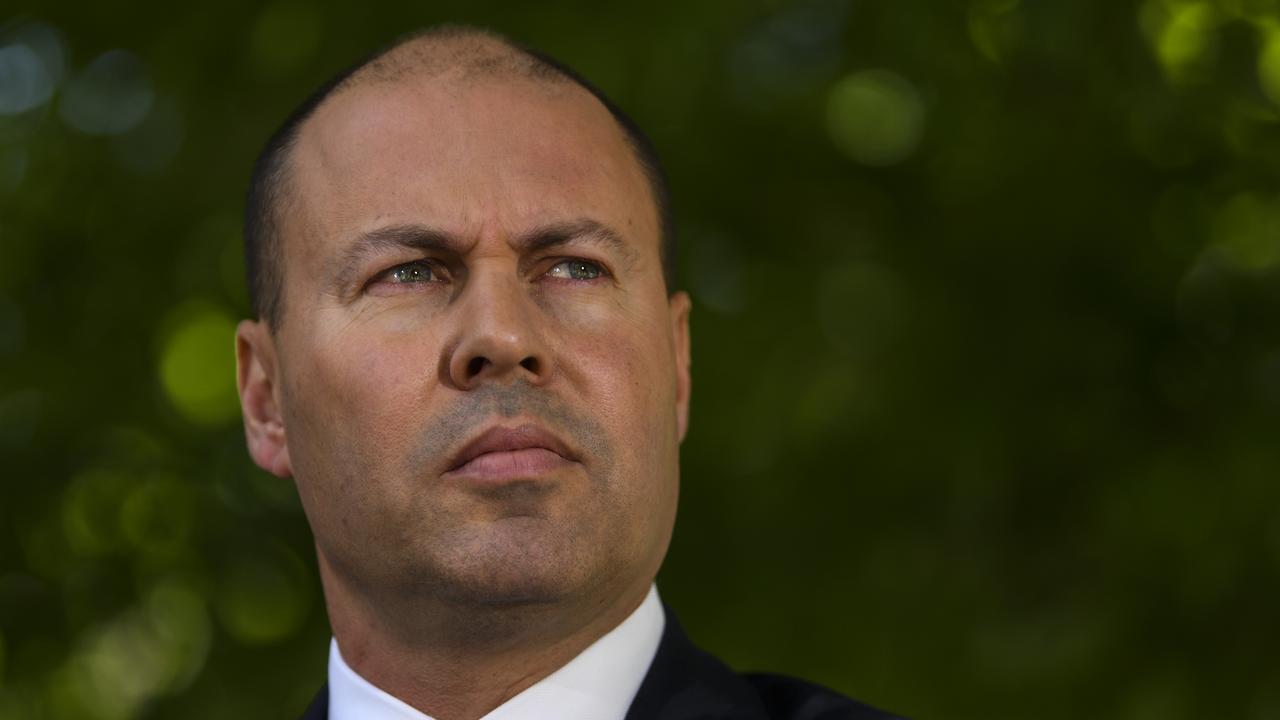Crossbench senators will not support corporate tax cuts
Corporate tax cuts in Australia now unlikely to proceed.

Senate crossbenchers, including the key Nick Xenophon Team bloc, have rejected the need for new company tax cuts as the US slashes its corporate rate from 35 per cent to 21 per cent, fuelling fears Australia will be left behind.
The crossbench opposition sets the scene for another Senate blockade in the New Year, with the prospect the Turnbull government will be unable to drive the remaining company tax cuts through this parliament.
The Coalition and big business yesterday launched a revamped campaign, demanding Labor and minor parties back the Coalition’s enterprise tax plan in full.
They warn that Australian jobs and investment will be lost overseas if the company tax rate was not internationally competitive.
US President Donald Trump is expected to sign the $US1.5 trillion tax cut bill early next month after it gained final approval in the House of Representatives yesterday.
NXT senator Stirling Griff confirmed his party remained opposed to the government’s unlegislated company tax cuts for businesses with more than $50 million in annual turnover.
“We supported tax cuts for small-to-medium businesses with a turnover of up to $50m a year, as this group is the biggest driver of jobs in local communities,” Senator Griff said.
“We do not support the proposed tax cuts for big business as this would be fiscally irresponsible and the economic evidence is questionable. The priority should be giving relief to families, with personal tax cuts.”
With Labor and the Greens also against the expanded company tax cuts, the government would need to win the support of 10 of the 12 Senate crossbenchers to reduce the tax rate from 30 per cent to 25 per cent by 2027 for all companies. That makes the support of One Nation and NXT crucial to the bill’s success.
In March, the minor parties supported a company tax rate of 25 per cent over the medium term for businesses with annual turnovers of up to $50m.
One Nation leader Pauline Hanson’s spokesman declined to back further cuts to the corporate rate, but said the party was “aware of the American government’s new tax changes”.
Senator Hanson, who leads a bloc of three senators, previously has indicated her preference to block tax cuts for big business.
“We will be realistic in our approach to future changes in Australia,” her spokesman said yesterday. “We will need to have further discussions with both the government and opposition.”
Scott Morrison and Finance Minister Mathias Cormann ramped up their attack against Bill Shorten yesterday, declaring the Opposition Leader was now “wilfully damaging” the economy by refusing to support the company tax cuts.
“We’re up against a resurgent United States with an administration that understands that lower taxes mean more jobs in the US,” Mr Morrison said. “The Labor Party, they’re the only ones who think that higher taxes are good for the economy. We implore them to come to their senses and support the enterprise tax plan.”
Labor’s assistant Treasury spokesman, Andrew Leigh, blasted the government for blindly following the lead of the US, which has passed the most sweeping tax overhaul in the US in decades. He argued the Trump tax cuts would “add significantly to the deficit” and not make a tangible difference to economic growth and slammed the government’s corporate tax package as a “snake-oil plan” that would harm the budget.
“Morrison and Turnbull want Australia to follow Donald Trump off the fiscal cliff,” Dr Leigh said. “The proposal that Australia should put in place an aggressive, budget-busting corporate tax cut is an economic mistake, one Australia should not pursue.”
Labor has refused to say whether it would repeal the already legislated company tax cuts if it formed government and supports tax relief only for small businesses with a turnover of up to $2m.
Business said the US had “reset the agenda” and warned Australia’s corporate rate could be “frozen in time”, arguing it would leave the nation with the second highest company tax rate in the OECD.


